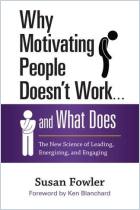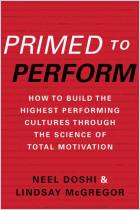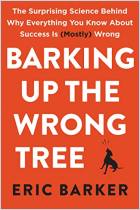
Focus
Use Different Ways of Seeing the World for Success and Influence
ISBN: 9781594631023
Pages: 251
Recommendation
Heidi Grant Halvorson and E. Tory Higgins describe motivation in an unusual way. Readers will quickly grasp what motivates the eager, “promotion-focused” go-getter, but may have trouble understanding people whose motivation is “prevention-focused” – those who thrive on worry and succeed by avoiding failure. Chapters devoted to these two drives regarding their influence on work, child rearing, romance and the world at large illuminate their singularity and importance. This book provides valuable, detailed explanations and anecdotes of how “fit” combines with focus to create powerful persuasive tools at work and at home. Even if the book sometimes seems to be a one-trick pony, its basic concepts are significant. getAbstract recommends this approach to marketers, those curious about human behavior, and those seeking insight into their motivation and focus.
Summary
About the Authors
Psychology and management professor E. Tory Higgins is director and Heidi Grant Halvorson is associate director of Columbia University Business School’s Motivation Science Center.


















Comment on this summary or Diskussion beginnen